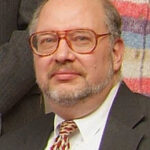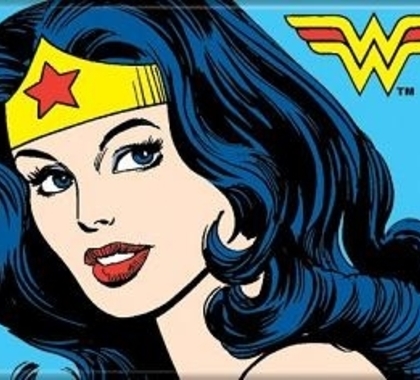In the movie “Wonder Woman,” the heroine has a choice to make. To save the world or not.
On the one hand, she is presented the philosophy of Friedrich Nietzsche, that war and conquest give meaning to life. On the other, the philosophy that life is about getting married and raising a family.
The first philosophy is expressed in the movie by General Erich Ludendorff. During the war, the actual Ludendorff commanded German forces first on the eastern front and then on the western front. In the east, he used the tactic of infiltration to break the deadlock of trench warfare, and neutralize Russia. In the west, he attempted to do the same with Britain and France, before the Americans arrived, but was unsuccessful. After the war, he blamed the loss of the war, initially, on a failure by Germany to seize the initiative. Then, he shifted to the “stabbed-in-the-back” theory. Germany was betrayed by weak politicians and reliance on the profit motive to organize production.
Ludendorff eventually developed a theory of “total war.” By “total war,” I mean mobilizing all of production in support of the war. While Hitler partially implemented such a policy, it was Roosevelt in the U.S. and Stalin in Russia that did so more completely. As Albert Speer discussed in his book, Inside the Third Reich, production under the Nazis never equaled that of Germany during the Pre-Nazi Weimer Republic. Slave-labor camps inefficiently utilized the productivity of their internees, and diverted many military-age men to guard duty. In contrast, America turned itself into an arsenal of war, largely due to the voluntary replacement of men by women in production.
But, the movie Ludendorff doesn’t deliver an exegesis on war-time production. Instead, he is used as a foil to express a philosophy of life based on power. “Life itself is essentially appropriation,” says Nietzsche, “injury, conquest of the strange and weak, suppression, severity, obtrusion of peculiar forms, incorporation, and at the least, putting it mildest, exploitation.”
“It is nothing but fanaticism and beautiful soulism to expect very much from humanity when it has forgotten how to wage war.”
“The strongest and most evil spirits have to date advanced mankind the most.”
The focus of this philosophy is on taking, not on making. There is only so much, and the more other people there are, the less for each. Other people are, therefore, each person’s enemy.
The other philosophy is expressed by Steve Trevor, Wonder Woman’s love interest. Steve Trevor is an American boy toy. Handsome, well-proportioned, and not overly complicated. The meaning of life isn’t anything extraordinary. It’s not being an inventor, or making a million pre-inflation dollars. It’s not writing a book, or being recognized as a hero. It’s getting married and raising a family. And, why is the meaning of life these things, he’s not very clear. But, when it comes to doing what must be done, no matter the cost, you can count on him.
From Aristotle, we learn that life is about “human flourishing.” The meaning of life is not any one thing, but everything that gives meaning and purpose to life. The meaning of life is the choices we make. Life is a journey, not a destination. Life is about living. And, from the Book of Ecclesiastes, we know that the things of this life, while good, are not satisfying, and that we are to live life in joy, one day at a time, while obeying God’s law.
In our system, the things of this life are limited only in the short-run. But, in the long-run, with saving and investment, with invention and innovation, with creativity and entrepreneurship, the things of this life are virtually unlimited. Other people are not our enemies, but are our suppliers, co-workers and customers in a process leading to more for everybody. Indeed, the more people there are who are free, the more invention and creativity there will be.
I loved the beauty and the power of the Amazons, and the opportunities and challenges faced by the people of London. I loved the compassion exhibited by Wonder Woman, and the focus on the mission exhibited by Steve Trevor as their expedition made its way to the front. And, I thought the casting of Ares, the god of war, as a British diplomat negotiating the end of the fighting was quite prescient. Because, as John Maynard Keynes argued in The Economic Consequences of the Peace, the vindictiveness of the Treaty of Versailles sowed the seeds of a second and even more awful war.




